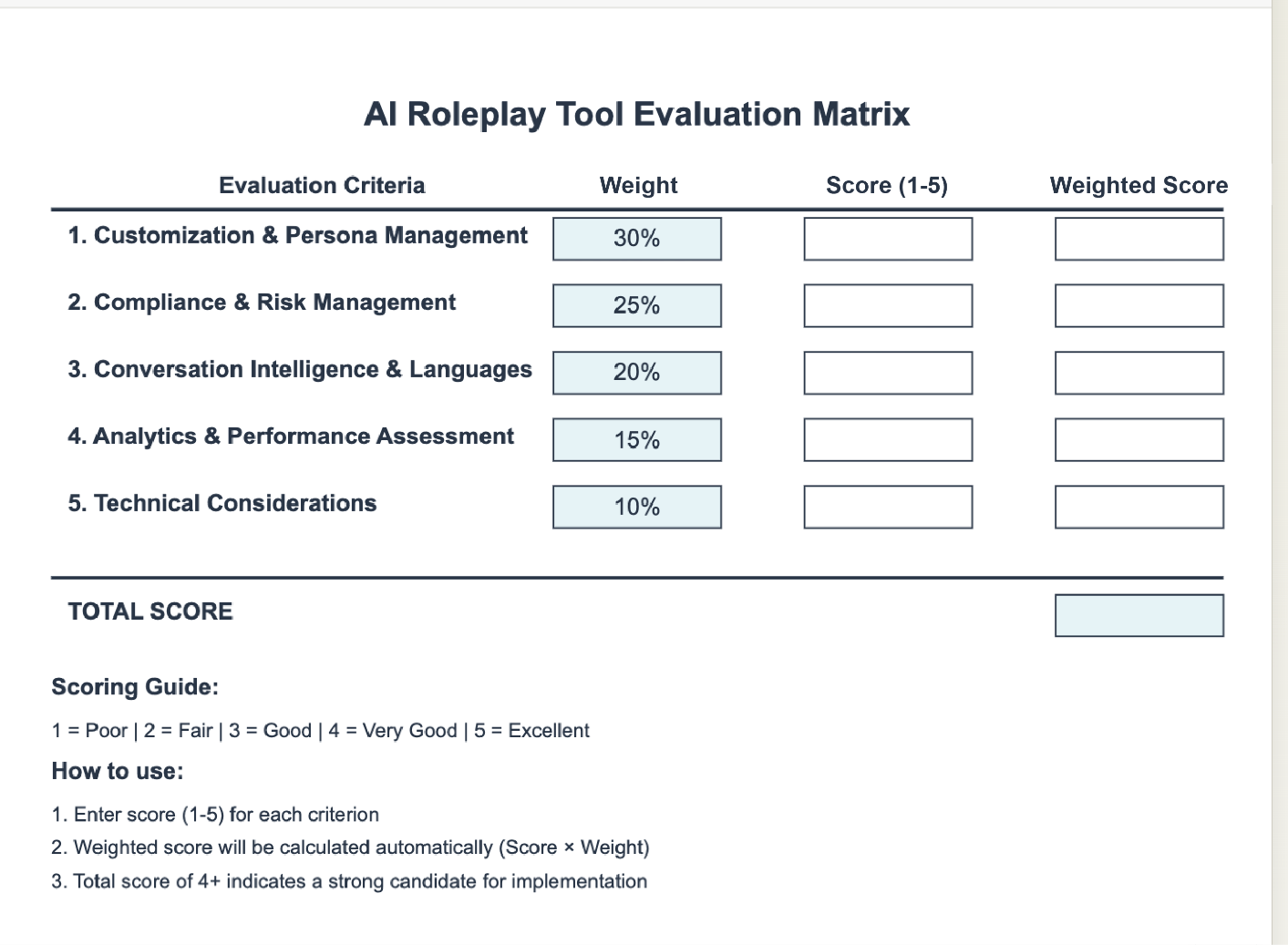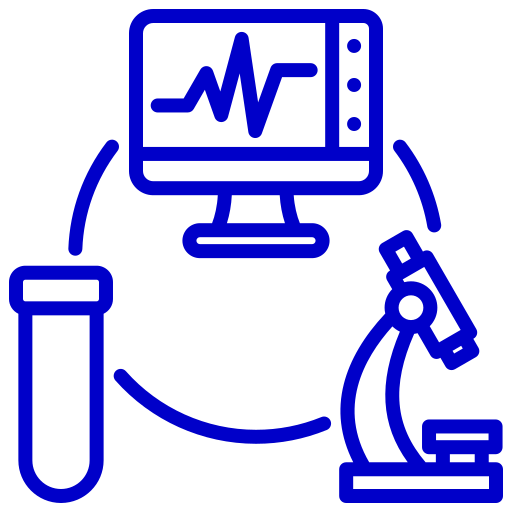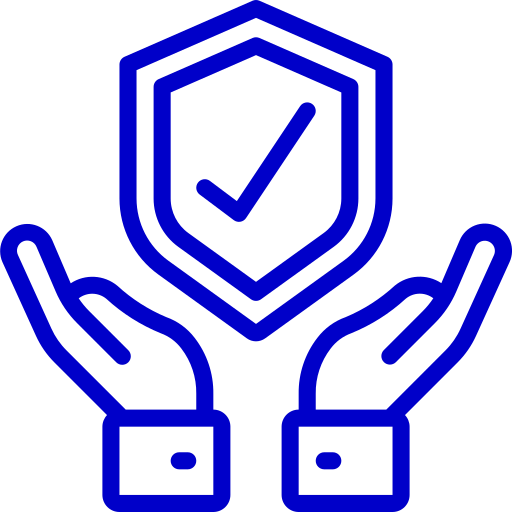5 Critical Factors for Evaluating AI Avatar Roleplay Tools in Life Sciences Training
In today’s rapidly evolving pharmaceutical and medical device industries, the way we train sales representatives and medical science liaisons is undergoing a dramatic transformation. AI-powered roleplay tools with virtual avatars are emerging as powerful solutions for practicing crucial healthcare professional (HCP) interactions. However, selecting the right tool requires careful evaluation, particularly given the high stakes and regulatory complexity of life sciences training.
Let’s dive into what really matters when you’re evaluating these solutions.
1. Customization & Persona Management
Your AI tool needs to mirror the complexity of real-world healthcare professional interactions. Here’s what to look for:
HCP Persona Customization
- Create spot-on specialist profiles (oncologists who dig into trial data, PCPs who want the bottom line)
- Nail different communication styles (data geeks vs. patient advocates)
- Adapt to practice settings (busy hospital corridors vs. private practices)
Pro Tip: Test the tool with your toughest customer profiles. If it can handle your most demanding KOLs, you’re golden.
Sales Framework Integration
- Handles standard frameworks (SPIN, Challenger, etc) without breaking a sweat
- Plugs in your secret sauce (your company’s unique approach)
- Real-time framework adherence tracking
- Scores framework execution in real-time
Scenario Flexibility
- Disease State Modules: The ai sales training tool should support complex disease state scenarios. For example, in oncology, it should handle discussions about combination therapies, treatment sequencing, and biomarker testing.
- Market Access Scenarios: Look for capabilities to simulate payer discussions, including:
- Prior authorization processes
- Reimbursement challenges
- Formulary placement discussions
- Cost-effectiveness conversations
2. Compliance & Risk Management
In the highly regulated life sciences sector, compliance isn’t optional – it’s imperative. A single off-label promotion can result in significant penalties.
Regulatory Compliance
- Real-Time Monitoring: The ai sales training system should actively monitor conversations for potential compliance violations. For example, if a rep begins discussing an unapproved indication, the AI should immediately recognize this and either:
- Flag the interaction for review
- Provide feedback
- Document the occurrence
- Documentation Systems: Look for tools that maintain detailed records of:
- All sales role play training interactions
- Compliance violations
- Corrective actions suggested
Off-Label Detection
- Smart Pattern Recognition: The AI should identify subtle off-label discussions. For example, if a rep says, “Some doctors have found success using our product in…” the system should recognize this as a potential off-label promotion attempt.
- Proactive Prevention: Advanced tools can prevent off-label discussions by:
- Recognizing leading questions about off-label uses
- Providing alternative compliant responses
- Offering real-time coaching on staying within label
3. Conversation Intelligence & Multilingual Capabilities
The ai sales training tool’s ability to handle complex conversations naturally while supporting global deployment is crucial for international organizations.
Language Support
- Consistent Quality: The AI should maintain the same level of sophistication across all supported languages. Test for:
- Medical terminology accuracy
- Cultural nuances in communication
- Regional regulatory compliance
- Local healthcare system understanding
- Cultural Adaptation: Beyond mere translation, the tool should reflect:
- Local medical practices
- Healthcare system variations
- Cultural communication norms
- Regional treatment guidelines
Conversation Quality
- Clinical Depth: The AI sales training should demonstrate deep understanding of:
- Disease pathways
- Treatment protocols
- Clinical trial design
- Real-world evidence
- Market access considerations
- Adaptive Responses: Look for sophisticated handling of:
- Complex clinical questions
- Multiple-step scenarios
- Treatment algorithm discussions
- Economic value propositions
4. Analytics & Performance Assessment
Comprehensive analytics help organizations measure ROI and improve training effectiveness through data-driven insights.
Performance Metrics
- Detailed Analysis: Look for tools that track:
- Allow you to create your own evaluation rubric and track it
- Message delivery effectiveness
- Clinical knowledge accuracy
- Compliance adherence
- Objection handling skills
- Time management
- Customer engagement quality
- Comparative Analytics: The system should provide:
- Peer-to-peer comparisons
- Regional performance analysis
- Time-based improvement tracking
- Skill gap identification
- Learning curve analytics
Integration & Reporting
- System Connectivity: Ensure seamless integration with:
- Learning Management Systems (LMS)
- CRM platforms
- Performance management tools
- Compliance monitoring systems
- Customizable Reporting: Look for flexible reporting capabilities:
- Role-based dashboards
- Custom metric creation
- Real-time sales role play performance monitoring
5. Technical Considerations
The technical foundation must support enterprise-scale deployment while maintaining security and performance.
Security & Privacy
- Data Protection: Evaluate:
- Encryption standards
- Access control mechanisms
- Audit trail capabilities
- Data retention policies
- Disaster recovery plans
Scalability
- Enterprise Support: The platform should handle:
- Concurrent user loads
- Global access requirements
- Peak usage periods
- System redundancy
- Performance optimization
The Bottom Line
When evaluating AI avatar roleplay tools for life sciences ai sales training, organizations must look beyond surface-level features. The ideal solution should offer robust customization, strict compliance management, sophisticated conversation capabilities, comprehensive analytics, and enterprise-grade technical infrastructure.
Implementation Recommendations:
- Conduct thorough pilot programs with key user groups
- Establish clear success metrics aligned with business objectives
- Create a phased rollout plan
- Develop a comprehensive training program for users
- Set up regular review cycles for content and performance
ROI Considerations:
These are some of the ROIs that you can consider while developing a program:
Reduced training costs
Improved field force effectiveness
Lower compliance risks
Faster time-to-market readiness
Enhanced learning retention
Remember to develop a structured evaluation framework incorporating these five factors, weighted according to your organization’s specific needs and priorities. This will ensure a thorough, objective assessment of potential solutions and lead to a more successful implementation.
The investment in the right AI sales training roleplay tool can create a significant positive impact on your organization’s sales role play training effectiveness and ultimately, market performance. Take time to thoroughly evaluate each aspect to make an informed decision that will serve your organization’s needs both now and in the future.
Use our evaluation matrix (see above) to score potential tools. Aim for 4+ in critical areas like compliance and customization. Don’t settle for less on the must-haves for your business.

Related Posts
Pharma’s Next Moves After the U.S. Executive Order
Navigating Policy Shifts: 3 Pharma Cost-Reduction Strategies Post U.S. Executive Order A recent executive order passed by the U.S. Administration...
Creating a Safe Learning Environment: AI’s Role in Sales Skill Development
In today's fast-paced sales environment, creating effective training programs that allow sales representatives to develop their skills in a supportive...
Creating Effective AI Role Play Scenarios in Life Sciences: A Step-by-Step Guide
In the evolving landscape of life sciences sales training, creating effective AI role play scenarios is crucial for developing competent...
Looking for a sales training software that takes your sales training to a whole new level?
Explore SmartWinnr’s Learning and Gamification features. Learn how to run fun and engaging sales training and sales coaching for your team through SmartWinnr.
Curious to learn more about it? Book a demo today!
 Two way AI Role Plays
Two way AI Role Plays Targeted Learning
Targeted Learning Gamification
Gamification Sales Coaching
Sales Coaching Sales Contest
Sales Contest Implementation
Implementation Consulting
Consulting Enterprise Ready
Enterprise Ready Pharmaceuticals
Pharmaceuticals Medical Devices
Medical Devices Insurance
Insurance Banking
Banking Technology
Technology Senior Living
Senior Living Sales
Sales Call Centers
Call Centers Marketing
Marketing Improve Sales Productivity
Improve Sales Productivity New Hire Onboarding
New Hire Onboarding New Product Launch
New Product Launch Channel Partner Training
Channel Partner Training Sales Events
Sales Events Success Stories
Success Stories Whitepapers
Whitepapers Contest Template Designer Tool
Contest Template Designer Tool Sales Training
Sales Training Gamification
Gamification All Blogs
All Blogs